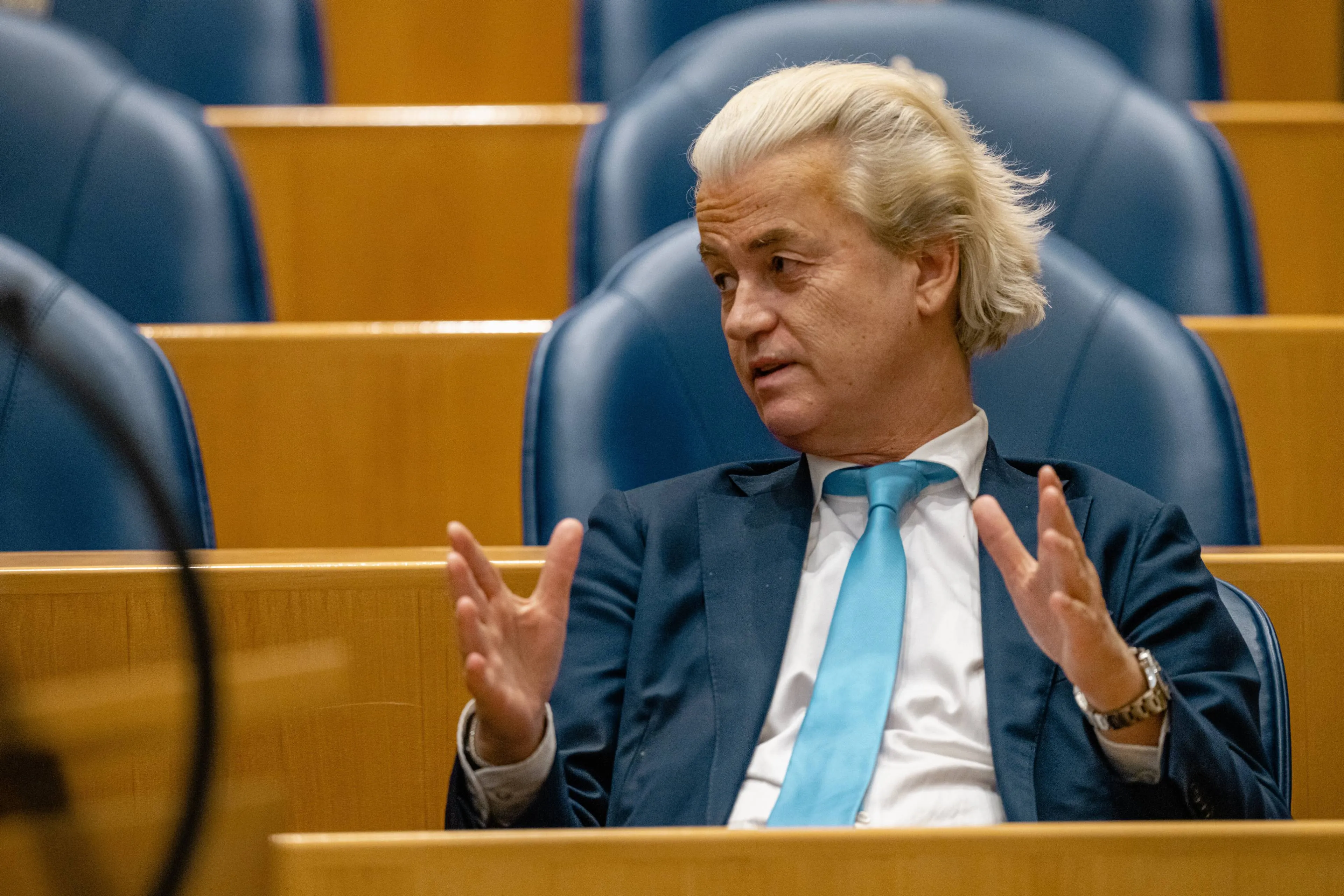Schröder waarschuwt voor revolutie
'His master's voice?'
Gisteren schonk ik aandacht aan de indrukwekkende kritiek van de Duitse topeconoom Hans Werner Sinn op de Energiewende. Maar Sinn is een wetenschapper. Duitse politici hebben tot op heden in het openbaar geen kritiek geuit op het Duitse energiebeleid. Daar is nu verandering in gekomen. Oudbondskanselier Gerhard Schröder heeft het spits afgebeten.
Onder de titel, 'Renewable Energys Eroding Support: Former German Chancellor Schröder Warns Of Revolt Due To High Electricity Prices', schreef Pierre Gosselin op zijn blog:
Renewable energy in Europe has just taken another nail in its coffin.
Thanks to Germanys infamous EEG energy feed-in act, electricity prices for consumers and industry have long been rising sharply, and now theres a looming threat of a revolt.
Today the online business magazine Unternehmen Heute quotes former German Chancellor Gerhard Schroders soon-to-be-published book, which warns of a revolt by consumers and industry. The timing of Schröders words could not come at a worse time for renewable energy proponents, and will no doubt act to take a lot of the momentum out of the already ailing renewable energy movement in Europe. A number of countries have announced major scale-backs on green energy subsidies. Unternehmen Heute writes:
Electricity must remain affordable, Bild newspaper (Saturday edition) quotes Schröders book Clear Words, which will appear in mid February.
The support for renewable energy through the electricity price will lead consumers, especially the ones near the bottom of the income scale, to eventually revolt and say: We cant afford this any more.
Schröder adds that eventually renewable energies will soon have to compete on the market by themselves. They should not be permanently subsidized.
The former Chancellor also thinks that Germany will not shut down its remaining nuclear power plants by the year 2022, as planned, and believes Angela Merkel acted hastily in passing legislation requiring their shutdown in the wake of the Fukushima accident in Japan. Schröder writes in his book:
My impression is that a complete shutdown will not happen that quickly: consumer and industry will revolt and put policymakers under pressure to postpone the shutdown date because of cost reasons.
Moreover, Schröder writes in his book that German companies are already reconsidering plans to build plants in Germany, and are considering setting up in low-price-energy locations instead.
Schroders views are a major blow to renewable energies. ...
In summary, even as Brussels likes to beat its chest over its ambitious plans for green energies, policymakers everywhere in Europe are in reality abandoning their once lofty targets in droves.
Lees verder hier.
We mogen bij dit alles natuurlijk niet vergeten dat Gerhard Schröder voorzitter is van Nord Stream, tot 2006 Noord-Europese Gasleiding (NEGP) en ook wel Oostzee-gasleiding of Baltische pijpleiding genoemd. Het is een gasleiding voor het transport van Russisch aardgas door de Oostzee naar Duitsland. Maar zijn innige band met Putin betekent nog niet noodzakelijkerwijs dat hij inhoudelijk ongelijk zou hebben.
Voor mijn eerdere DDSbijdragen zie hier.
Ga verder met lezen
Dit vind je misschien ook leuk
Laat mensen jouw mening weten


